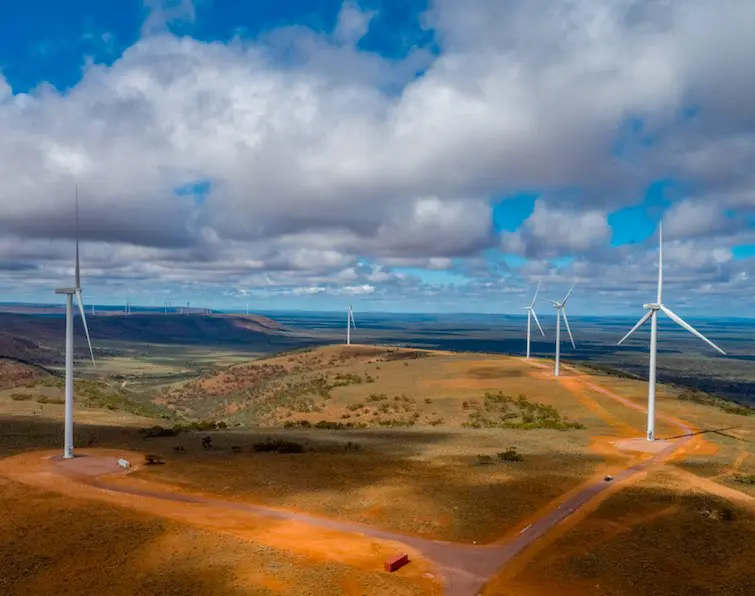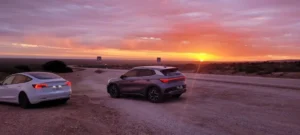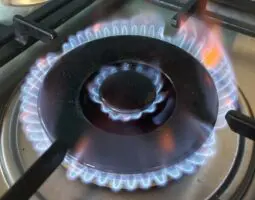Large-scale solar and wind and PV panels on millions of rooftops around the nation continue to push down Australia’s electricity emissions, the latest government data has revealed, as renewable energy continues to eat away at the market share of coal and gas generators.
The March 2023 Quarterly Update of Australia’s National Greenhouse Gas Inventory shows renewables accounted for 39% of generation across the National Electricity Market (NEM) in the year to March – an 18.6% year-on-year jump.

In terms of greenhouse gases, the annual emissions from the electricity sector – still the biggest single source in Australia – are down by nearly 28% (27.7%, or 58.6Mt CO2-e) from the peak recorded in the year to June 2009.
In the most recent June quarter, electricity sector emissions were pushed down by a further 1% from March, reflecting record lows in demand in South Australia, New South Wales and Victoria “due to record levels of rooftop solar generation,” the report says.
And while the biggest loser from rooftop solar and other renewables has been Australia’s ageing coal fleet – generation from which declined by another 4.7% in the year to March – the latest data shows gas is not safe either.
While in actual terms, gas generation increased in the year to March 2023 by 7.1%, the report shows that in the June quarter, renewables supply to the NEM increased 4.6%, while generation from gas fell 5% and coal decreased 0.1%.

No doubt this quarterly drop in gas is the result of the same record lows in demand – and record high contributions from rooftop solar – particularly in South Australia.
In that state, huge rooftop solar contributions combined with wind and big solar have seen even the newest gas generators regularly relegated to an average of one-and-a-half hours running time a day to fill in the gaps of renewables.
As the Albanese government said in its release announcing the latest inventory results, the numbers may well reflect the increased policy certainty it has delivered since being elected over a year ago – including the 82% renewable energy target by 2030.
But in the same way, the lingering lack of firm federal government targets and policies for the decarbonisation of the transport sector is having a similar effect in the other direction.
In the year to March 2023, transport accounted for 20.9% of Australia’s national greenhouse gas inventory and emissions from the sector increased 6.4% in actual terms, compared with the previous year.
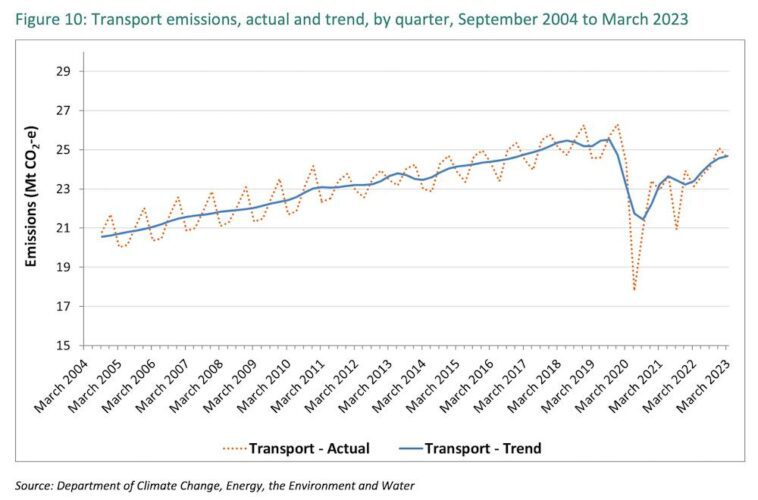
A good chunk of this was driven by a whopping 63.4% increase in emissions from domestic jet fuel consumption, which the government says is down to the post-Covid resumption of business-as-usual travel.
But there was also 5% increase in emissions from road petrol consumption and a 1.4% increase in emissions from road diesel consumption over the year to March 2023 – taking it close to, but not quite as high (3.6% below) pre-Covid levels.
According to the report, the “strong increase in diesel consumption since 2009” is largely driven by trends in the road transport sector, including the increasing popularity of diesel options for passenger vehicles – increasingly in the form of massive new SUVs.
Australia’s diesel vehicle stocks – including passenger, light commercial, freight and buses – have increased 84% since 2014, while petrol vehicle stocks have increased only 5% over the same period, albeit off a higher base, the inventory says.
This is a clear failure of policy – and ironically so, considering our propensity to measure the success of emissions reduction in terms of “cars taken off the road.” And it’s not just emissions, EV maker Tesla notes that particulates from fossil car exhausts are responsible for more than 11,000 deaths a year in Australia.
See: lLabor says massive support for fuel standards as car lobby kicks own goal on EV prices.
“The Albanese government’s legislated emissions reduction target, Rewiring the Nation plan and Capacity Investment Scheme are driving cleaner, cheaper energy but we have much more to do,” said Minister Bowen.
“Our reforms to the Safeguard Mechanism, which only came into effect in July and aren’t included in this inventory update, will deliver over 200 million tonnes of greenhouse gas emissions to 2030 – equivalent of taking two-thirds of the nation’s cars off the road.
“We are also working with industry, the climate movement, experts, unions and the community to develop sectoral decarbonisation plans, including for electricity and transport.
“We are implementing ambitious but achievable policies to strengthen the economy, create jobs and decrease emissions to reach 43 per cent emissions reduction by 2030 and net zero by 2050.”
A good start to address Australia’s growing transport emissions problem will be the introduction of strong Fuel Efficiency Standards, which this week seems a little closer after the publication of 1,200 submissions made to the government on the process – most of them overwhelmingly supportive.
“For too long, Australia has lagged behind international vehicle markets, meaning Australians miss out on a range of overseas models and the benefits they bring,” said transport minister Catherine King on Friday.
“Thank you to everyone who took the time to have their say – I look forward to continuing to work across government, industry and communities to progress a FES that will make a real difference for Australia.”
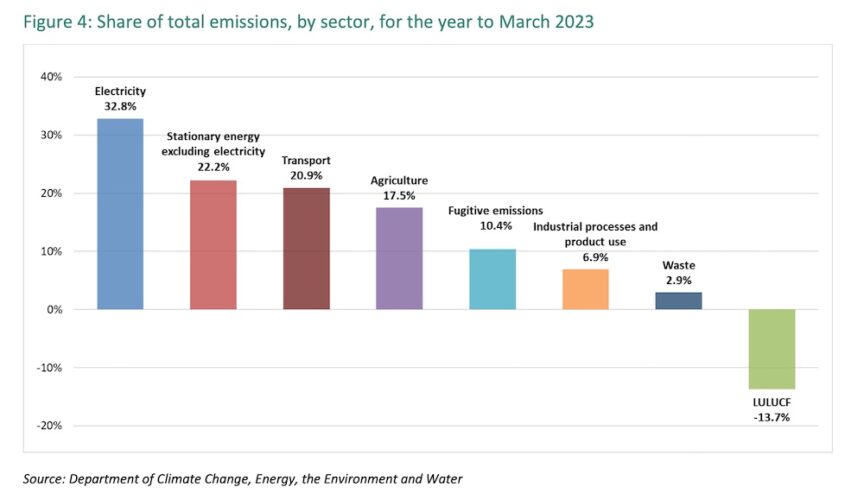
Stationary energy, meanwhile, has experienced the largest growth in emissions of any sector since June 2005, charting a jump of 26.7% or 21.8 Mt CO2-e over that period, driven by the continued growth in the production and export of gas.
Fugitive emissions leaked from gas coal and oil projects have also increased as a result of the growth of the LNG export industry, by a total of 12.8% or 5.5 Mt CO2-e since June 2005.
In a statement on Friday, the Australian Greens warned that the data shows Labor cannot meet its climate targets if it keeps approving new coal and gas mines.
“People are putting solar on their roofs and driving down electricity emissions, but Labor’s big coal and gas projects undo all that good work,” said Greens leader Adam Bandt.
“Labor must pull the pollution trigger in the Safeguard legislation and stop new coal and gas projects.”

